10 must-read winter fiction books to get you through the cold snap
Meme monsters, NYC scenesters and perspective-bending time-loops feature in our winter reading list.

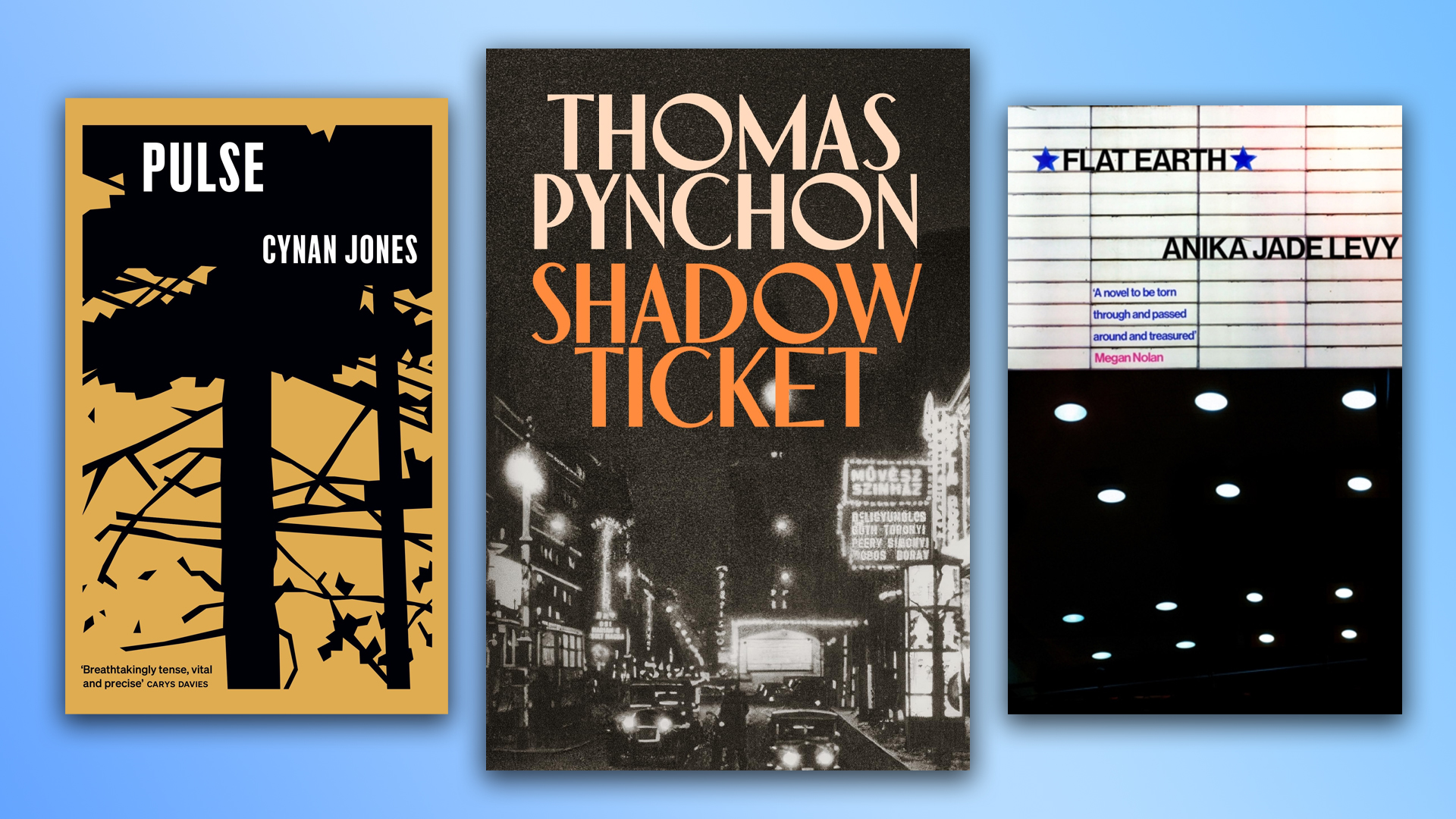
Get exclusive shortlists, celebrity interviews and the best deals on the products you care about, straight to your inbox.
You are now subscribed
Your newsletter sign-up was successful
Book lovers, your season is here — is there any better time of the year than winter to just say 'no!' to the outside world, grab a new read and retreat under the covers for a cover-to-cover reading binge? Whether you're on the hunt for Christmas wishlist ideas, or just need an infusion of the fantastical to see the year out, we've got you covered.
For your winter reading, allow us to present titles from big hitters like Thomas Pynchon, Salman Rushdie and Olivia Laing, some superb homegrown talent including Claire-Louise Bennett, Sam Hughes (AKA qntm) and Cynan Jones, plus unmissable picks from a quartet of highly original Danish and American writers.
And when it comes to genres, there’s something for everyone: clever dystopian sci-fi, a wild detective story, witch trials reimagined and a romp around the scenester parties of New York.
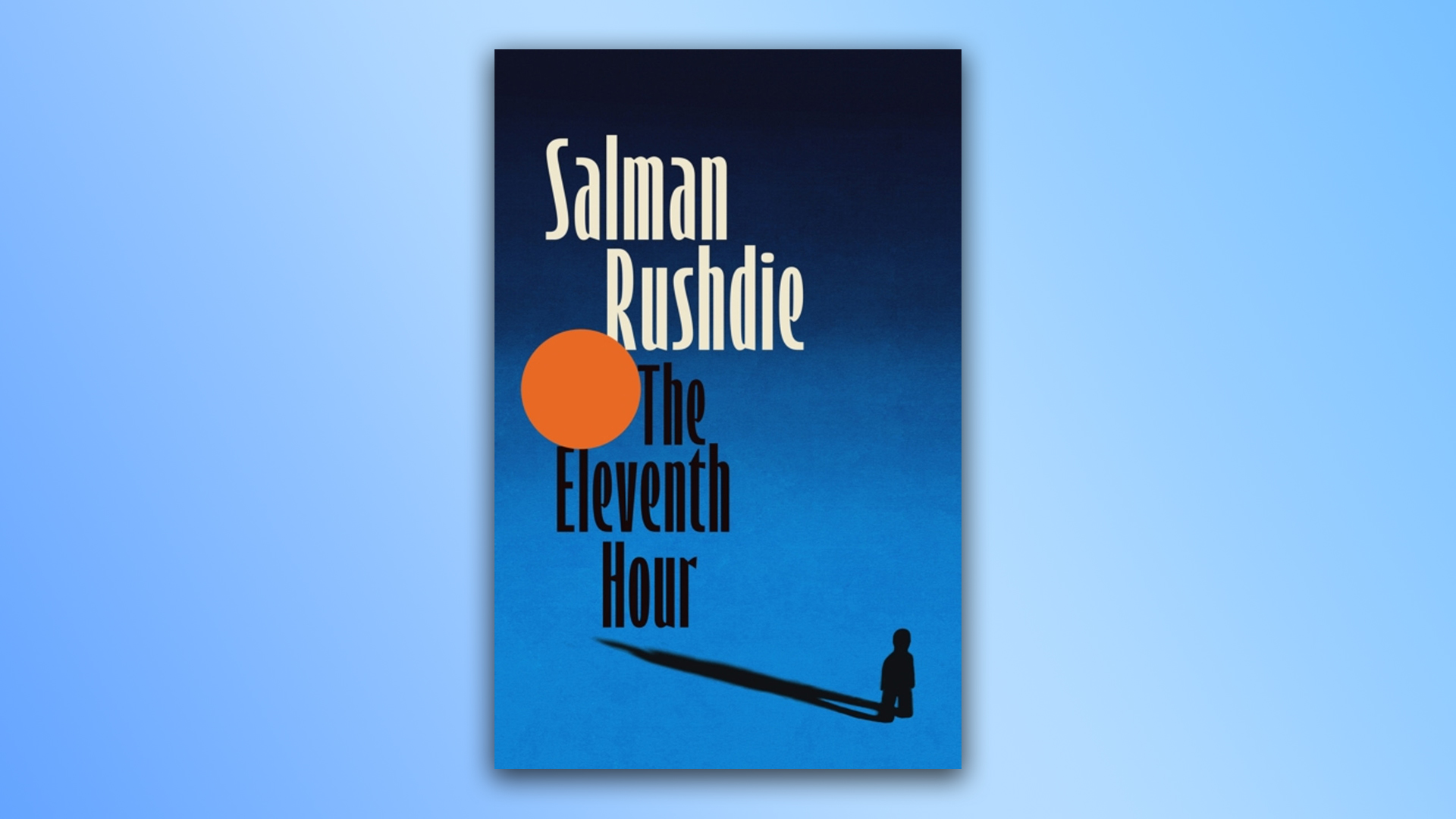
The Eleventh Hour (Salman Rushdie)
Following 2024’s Knife, Rushdie’s meditations on the infamous public attack on him and its aftermath, we get five short stories, all concerned in one way or another with death. This is the author’s ‘late’ period and he knows it: in fact one of the stories here, about an honorary professor named S.M. Arthur, who ends up haunting his old college buildings, is named just that. Whimsical and reflective in equal measure, this is a satisfying addition to the shelf if you’re a long time reader of Rushdie’s work. Here, he’s preoccupied with legacy, dialogue, censorship and, at times, still, aiming for the immortality of fables.
The Musician of Kahini muses on Pather Panchali, takes swipes at the billionaire class and infuses supernatural music into a tale of gurus, cults and excess. Oklahoma is a slippery, literary look at disappearances, “unfinished men” and unfinished endings, inspired by Kafka. The Man In The Piazza is a mythic account of an everyday “judge with the authority of Solomon” competing with a personification of “our language” itself, in which arguing is temporarily outlawed. But it’s In The South, the opener, that really hits. We start comical. Two elderly men live next door to each other, bumbling about, griping, generally annoying each other. And then when the “puff of air” arrives, it becomes suddenly, indescribably moving, while also getting at something tricky - when personal tragedy collides with something much, much bigger. Gorgeous.
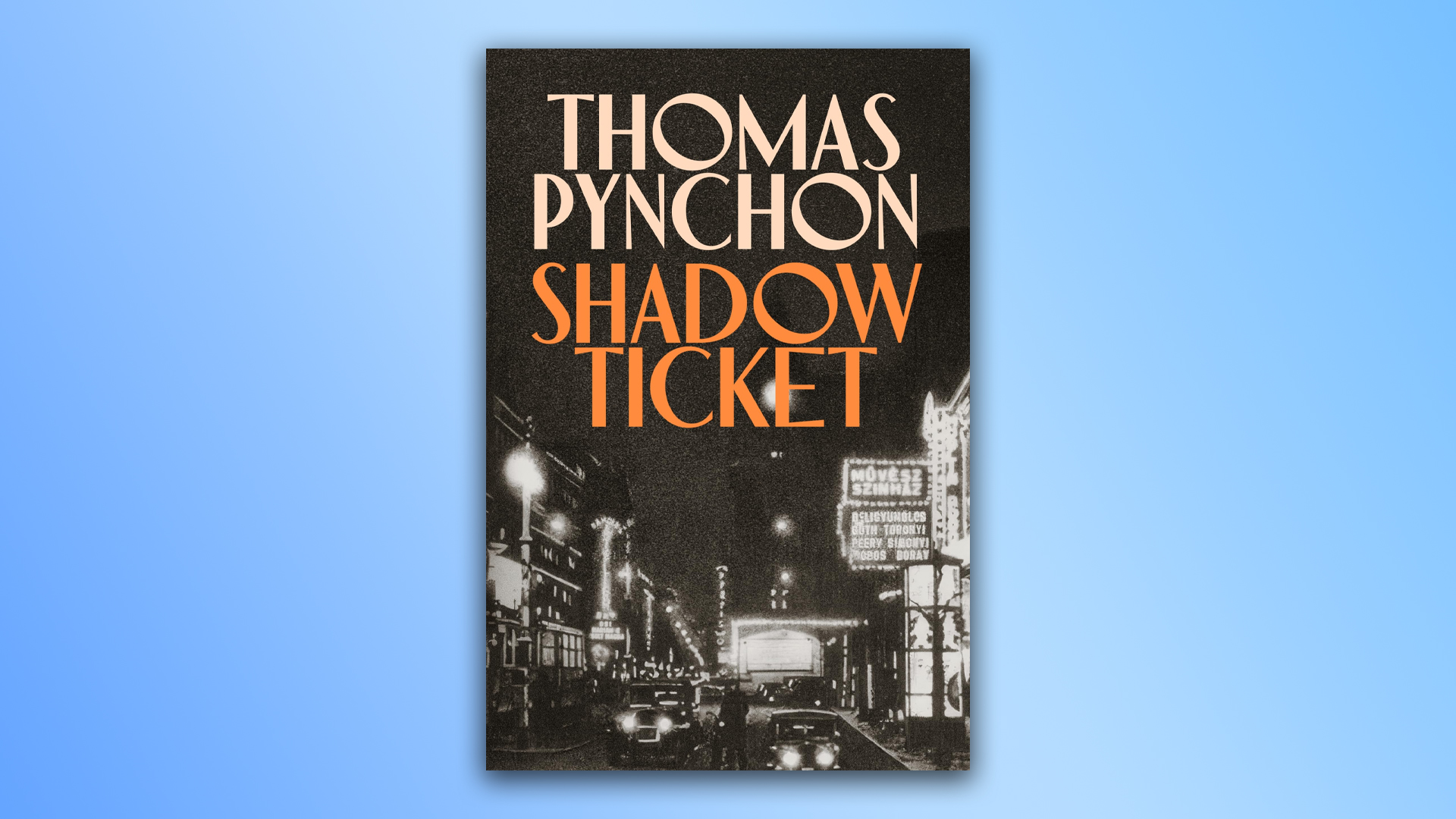
Shadow Ticket (Thomas Pynchon)
No gentle reflections for Thomas Pynchon. His first novel in over a decade, and given that he’s 88, it could be his last major work. Shadow Ticket is a lively as hell caper, with rat-a-tat-tat banter that crackles and shimmers. This is what he does, like it or lump it and it’s perfect for Noirvember or the long, cold Christmas break. Hicks McTaggart is our hard-boiled Depression-era private detective, who is soon posted out of M’waukee into all sorts of trouble: think bowling alleys, pineapples (hand grenades), goons, stiffs, patsies, glamorous tomatoes (hot girls), jazz hepcats and a cheese heiress he’s supposed to track down, for starters. An heiress whose father is the ‘Al Capone of Cheese in Exile’.
Hicks ends up in various nightlife spots and fascist outposts around early 1930s Europe - Budapest, Fiume - with this cast of tricks, commies, jewel thieves, vaudeville mentalists, lounge lizards and Nazi Youth. The character names alone, honestly: I mean, Skeet, Stuffy, Vumvum and don’t forget Glow del Tripforth del Vasto, the autogyro pilot. As usual in one of Pynchon’s shaggy dog stories, you’ll do well to remember what Hicks is even doing there in the swirl. And then, there it is, just when you least expect it, a couple of paragraphs of perfect moral clarity amongst all the swagger and blather. That’s all a writer of this calibre needs. Yes, yes, yes.
Get exclusive shortlists, celebrity interviews and the best deals on the products you care about, straight to your inbox.
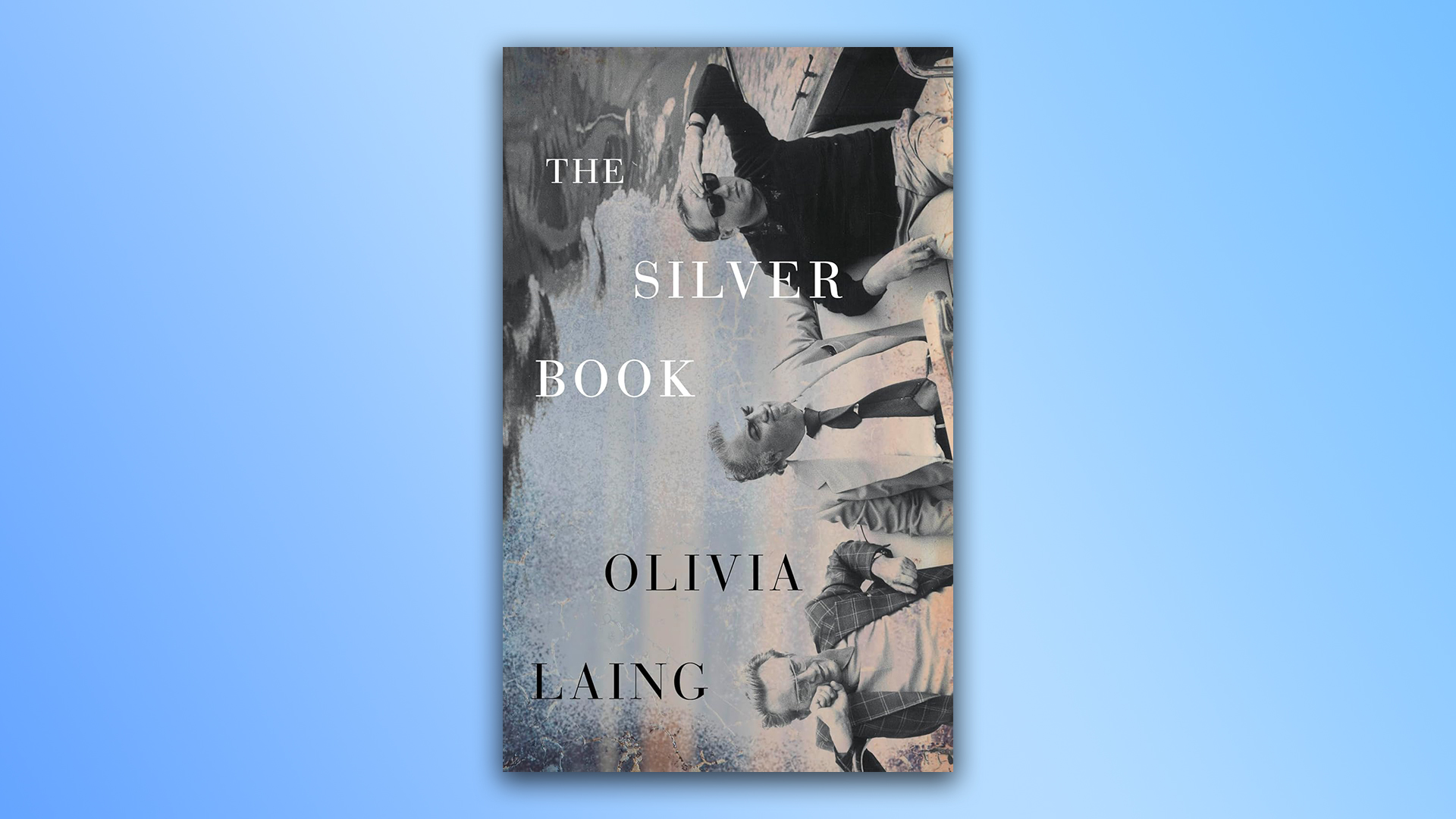
The Silver Book (Olivia Laing)
Olivia Laing, most famous for her non-fiction work including 2016’s The Lonely City, has turned once more to fiction to reimagine the production of two films by directors Federico Fellini and Pier Paolo Pasolini. Laing gets at these two icons of cinema via the maestro behind the maestros, the genius costume designer and art director Danilo Donati, over a specific, intense period of work between 1974 to 1975, and via her creation, a red-headed Englishman named Nicholas, who Dani picks up as his lover and apprentice in Venice.
This is a transportive, sensual story, full of ornately decorated villas and palazzos, as well as the inventive methods, cheapo materials and blood, sweat and tears that went into the props, sets and costumes on these films: “a cinema of paper and scissors” from the Cinecittà art department. You can get lost in these sections alone - there’s a decadent description of Danilo cooking an epic New Year’s feast which is to die for. Laing, though, dances elegantly between these worlds of sumptuous creativity and the world-weary melancholy that rests beneath them. As we reach the final act, the real life events which The Silver Book is based on begin to catch up with the film-makers and their collaborators, with a noirish plot involving missing film reels, blackmail and a brutal murder. Magnifico.
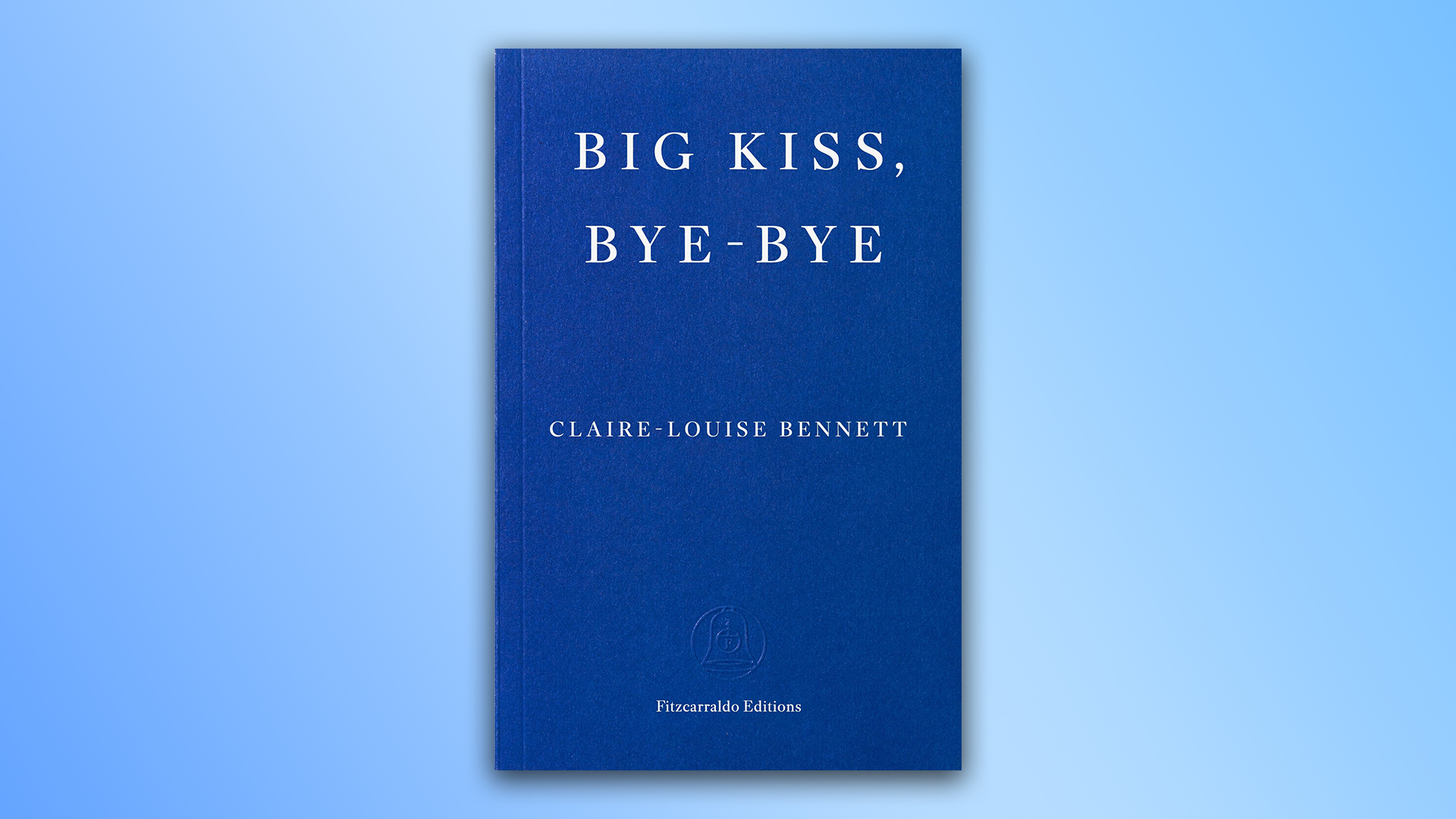
Big Kiss, Bye-Bye (Claire-Louise Bennett)
Big Kiss, Bye-Bye is the latest from Claire-Louise Bennett, the author of Pond and Checkout 19, via Fitzcarraldo. And it’s a bit of a pearl. Bennett, who grew up working class in Wiltshire and moved to Galway, Ireland 20-odd years ago, takes an unnamed woman and pressures her from every angle, as she evaluates and re-evaluates her relationships, past and present from a rural hidey-hole.
There are some quite breath-taking, virtuosic sections here, that make you want to note down the quotes as you go, particularly when our narrator spirals out over a letter from an old English teacher. As the woman tries to pin words onto uncategorisable dynamics, Bennett squeezes out subtleties from flower deliveries, gossipy swims, cosy fire-building and something as nonchalant as resting a hand on a white tablecloth. The insights are pretty devastating in their pin-point accuracy too: people aren’t comforting you for you, but to smooth things over for them, for one. Masterful.
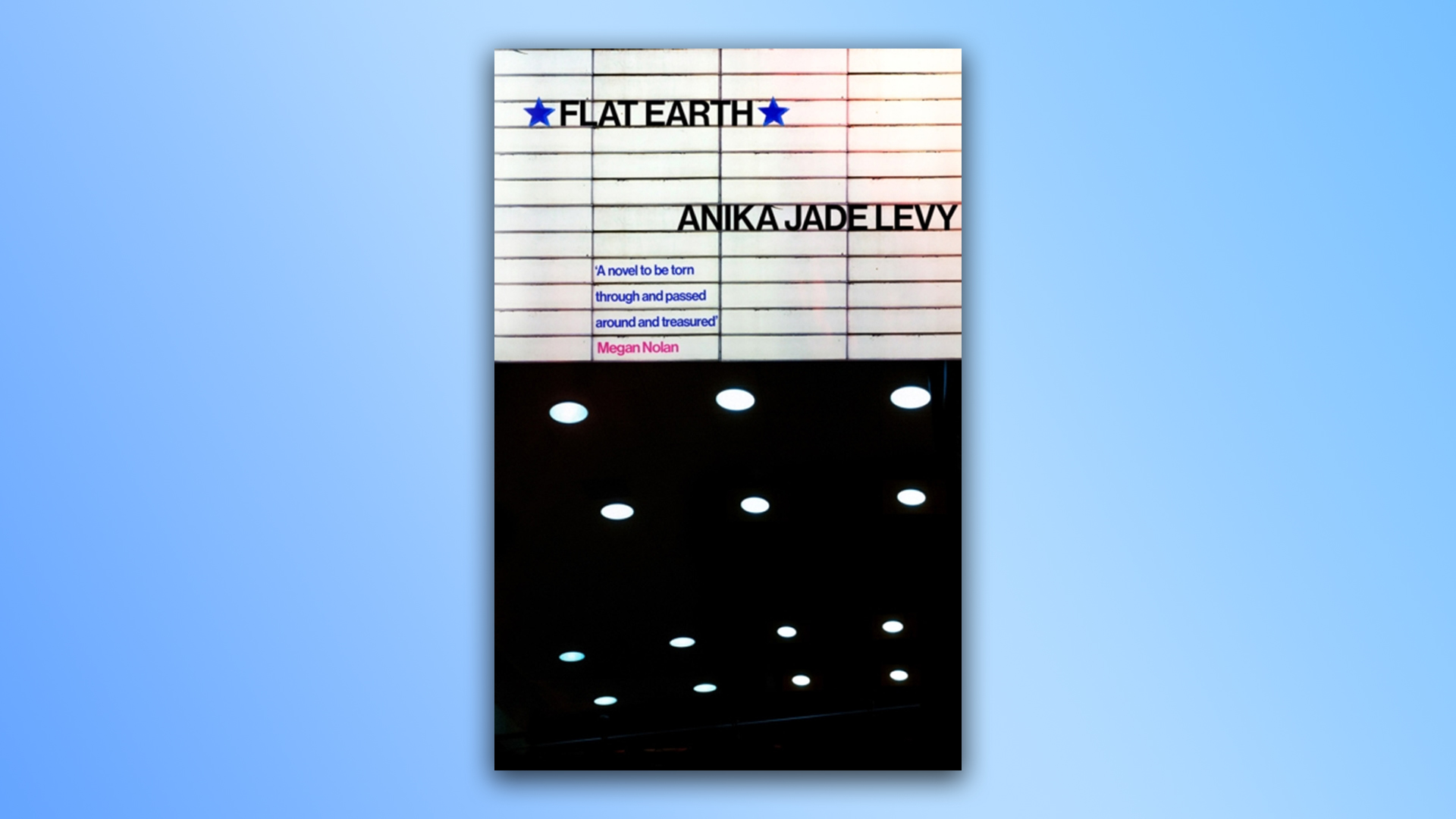
Flat Earth (Anika Jade Levy)
Wait, though, this is funny... ? And depressing? Our narrator Avery, in the zippy, trippy Flat Earth, is young, dumb and not afraid to dish out zingy one-liners about men, women and Manhattan. Oh, and she hates Mary Gaitskill, so don’t even think about the comparison. Avery flits between sceney parties, pretentious art openings staffed by ‘gallerinas’ and poetry readings in decrepit rent-controlled mansions. She’s generally making a tit out of herself, kiki-ing with all sorts, trying to get her dates to pay for everything and not really writing her “book of cultural reports” for grad school as she is supposed to be doing. Meanwhile, her best friend is making a celebrated documentary about conspiracy theorists, getting married and just all-round succeeding at life.
The reports, scattered throughout the narrative of Flat Earth, are some of the wittiest, most unhinged parts of the book: we learn early on that NYC has run out of Adderall and the effects are... not good.
Taking in beauty, ageing and creative competition alongside dating apps, male fertility, precarious housing and the climate, Anika Jade Levy’s debut novel puts an ultra-cynical spin on the long lineage of the hot-mess.

Pulse (Cynan Jones)
Welsh writer Cynan Jones’ book of six short stories feels like a classical collection if ever there was one: thematically linked, stylistically minimalist and the title story, about a family whose house is in danger from trees downing a power line, was first published in The New Yorker. These tales of various unnamed men taking on the elements and both wild and farmed animals are not for the faint-hearted or squeamish - Cow in particular is a tough read - as this is very much not the pretty-pretty countryside that tourists visit. This is the real, everyday countryside where nature is dangerous and hard, unavoidable and untameable.
Digging in and around vulnerability and masculinity throughout, Jones’ grammar and styling slow you right down as you read, pulling you under and fixing you in place, sometimes uncomfortably so. Peregrine, the solid, short opener, sets the tone with quiet, practical action, paired with the protagonist’s secrecy and haunting regrets and a moment of sheer terror; White Squares, concerned with a father and son, is short but poignant - just perfect, in fact - and Stock is supremely measured with a hell of an ending.
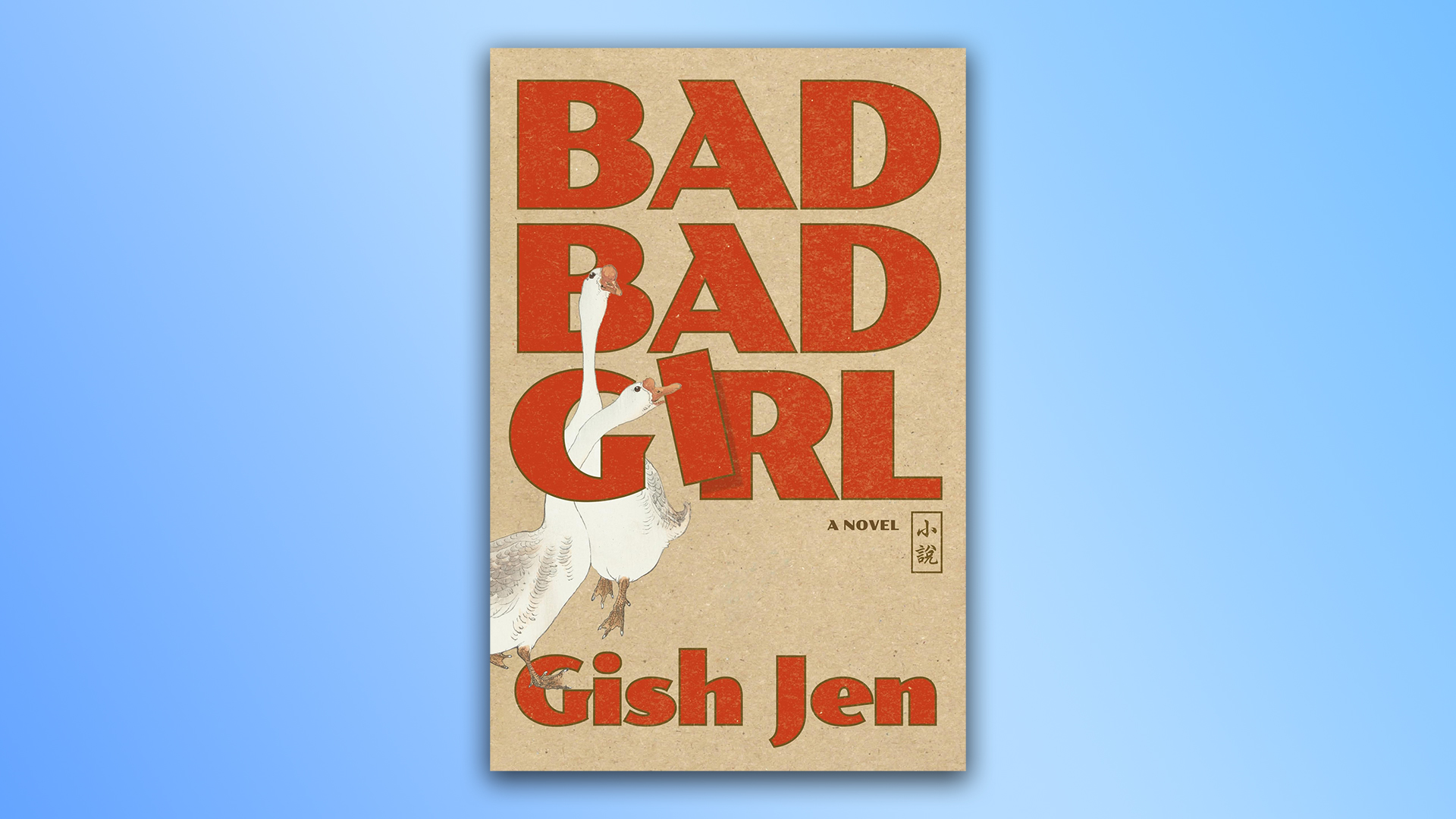
Bad Bad Girl (Gish Jen)
Gish Jen’s Bad Bad Girl is very much its own thing. A memoir-slash-novel-slash interview between the author and her late mother, Loo Shu-hsin, who repeatedly tells Jen she thinks too much, says too much and shouldn’t write anything. The author of nine novels, who has taught at Harvard and NYU Shanghai, Jen writes in the foreword that she intentionally avoided the subject matter of her mother until now. Heart-breaking, difficult-to-read but incredibly honest and compelling, the story begins in 1920s Shanghai, with the cruelty of Jen’s grand-mother towards the bright and ambitious Loo Shu-hsin.
Following both Jen’s mother and father’s families, we then move through the Japanese assault on Shanghai, the Communist Revolution and, more personally, the start of a new family in America - Gish Jen and her brothers and sister. The many cultural and familial differences between China and the West are investigated, in particular the “number one son” who studies and the eldest daughter who helps. The rhymes between generations are sometimes blunt, clear and unchanging and at other times, twisted and complicated.

The Wax Child (Olga Ravn)
I’ve never read anything quite like The Wax Child. From Olga Ravn, the Danish poet and novelist who broke out with her 2021 book The Employees, this is a fictional retelling of real life 17th century witch trials which magics together historical records, Nordic folklore and old spells and curses based on grimoires and black books.
Yes, you get the gossip, the who told who, the who saw what, the confessions and the hysteria you’d expect from any version of this kind of story. You also get a deftly drawn and exquisitely sad contrast between the moments when the women are talking together, supporting one another, and those in which the men are discussing the women’s fates. You might well come away wishing to start again as a ‘gill woman’ or ‘herring queen’, carding wool and hanging out with a group of witchy pals.
And oh the language, the poetic, propulsive language, you can sink into its rhythms like fingernails pushed into wax. It’s a maximalist dream-scape-nightmare-scape where the very identity of the narrator complicates and confuses the suspense and mystery surrounding the accusations. Spooky season might be over but this is a must-read.
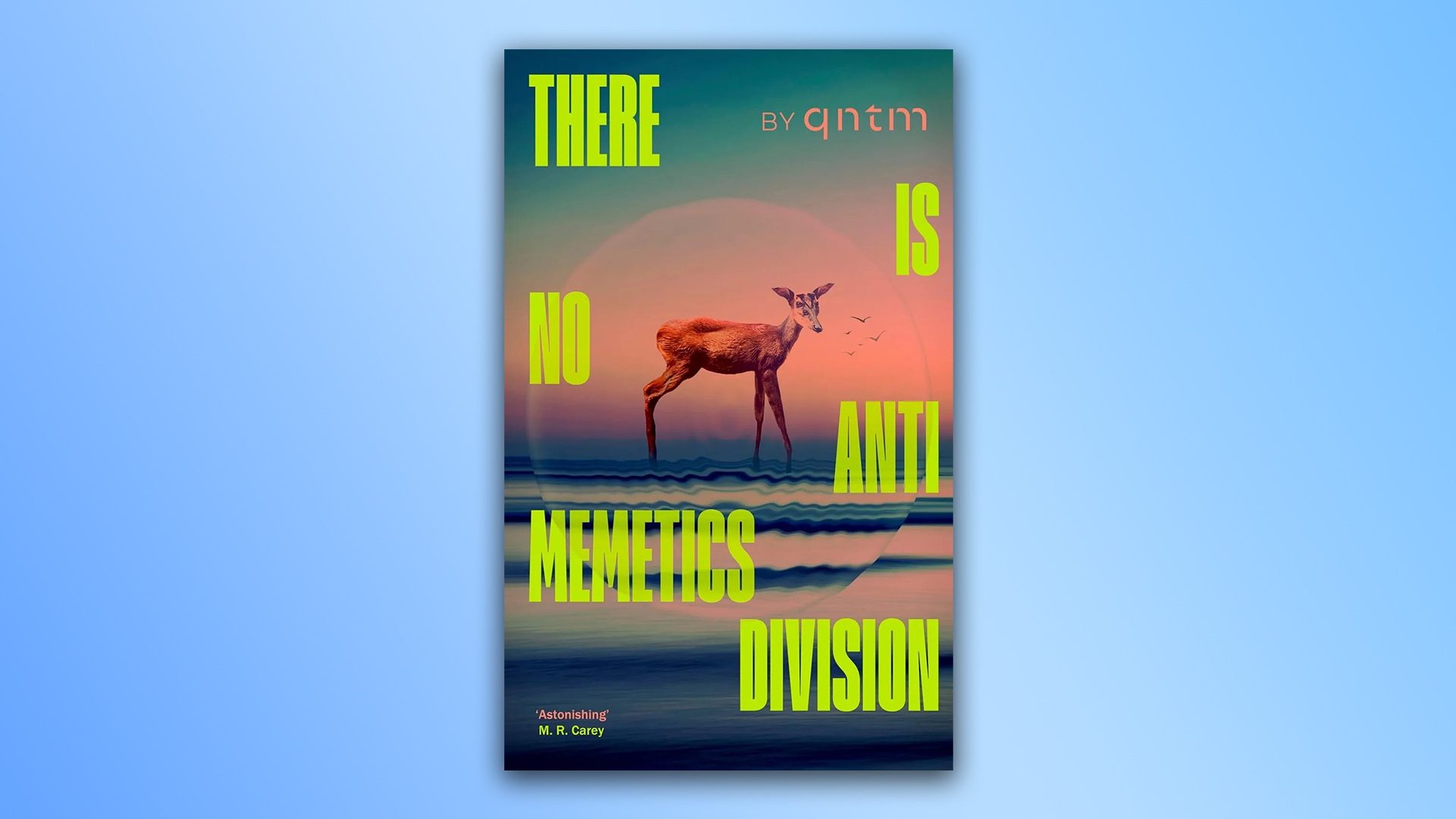
There Is No Antimemetics Division (qntm)
If There Is No Antimemetics Division sounds like a really, really good SCP Foundation story, that’s because it was. This clever bit of sci-fi from qntm, the online handle of writer and software developer Sam Hughes, was serialised on the collaborative writing site from 2015 to 2020. And this is one big, glorious mind-fuck with high-octane set-piece after high-octane set-piece as Marie Quinn and her co-workers at the Organisation encounter, fight and contain Unknowns i.e. gnarly, gross, can’t-be-explained-rationally monsters, some of which like to eat the operatives’ memories in order to erase the fact they exist.
Incredibly imaginative and not afraid to make some bold storytelling choices, qntm gives us not just cold, sterile, mysterious buildings, with secure containment units and research labs but also oozing, glooping, disgusting germs and skulls and spiders and slug-things. It’s as biological as it is abstract, with its memeplexes, counter-memes and mnestic memory drugs - it’s always someone’s “first day” - as well as some genuinely memorable nasties. I’d love to see Christopher Nolan or Jordan Peele get their hands on this dysto-horror.
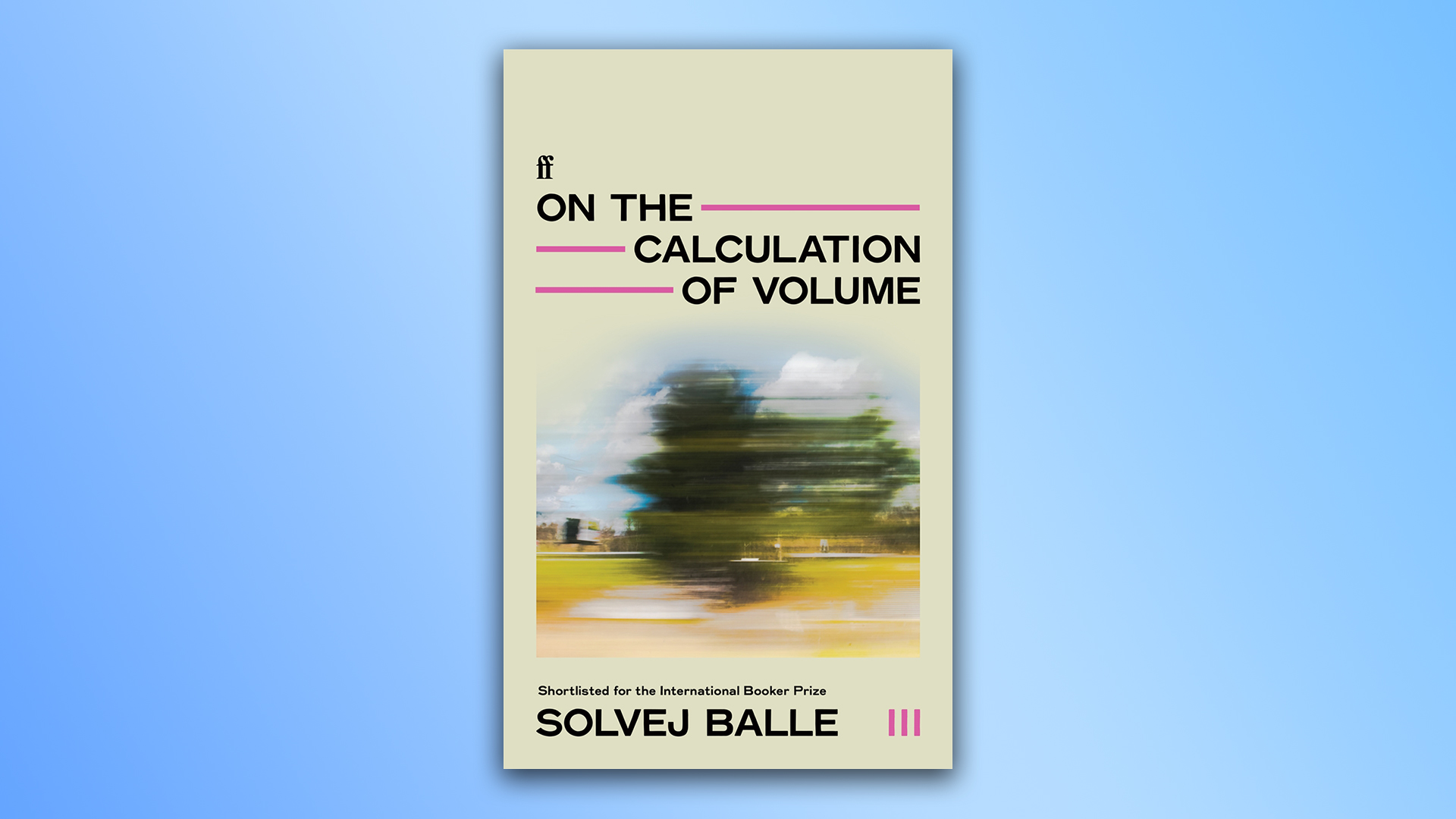
On The Calculation of Volume III (Solvej Balle)
This series of books from Danish writer Solvej Balle has become something of an instant classic in recent years, as it’s been translated into English. With its first volume on the 2025 International Booker Prize shortlist, and translated here by Sophia Hersi Smith and Jennifer Russell, this is the third edition of seven in total, with six already published in Denmark. At the start of book three, we find bookseller Tara Selter, having relived the eighteenth of November for 1143 days (or is it 1144) when she meets Henry Dale, a fellow traveller stuck in the same time loop.
Balle’s eerily placid yet musical writing weaves in and out of Tara’s interior disassociations and maelstroms as she rediscovers being remembered and challenged. I don’t want to say much more about the plot, which is not really the point, as Balle uses her “container of time” to prod around into how her characters spend their hours and days, how much of it really carries over and what our responsibilities to each other are. Whether it’s Tara losing track of her count and becoming consumed by quotidian urban sounds, or Henry’s theory of Homo abruptus and his trips away from the city, there’s real pain beneath the detached mantras of the time-looped.

Skip the search — follow Shortlist on Google News to get our best lists, news, features and reviews at the top of your feeds!

Sophie Charara is a freelance tech and culture journalist. Sophie is a former associate editor of WIRED, and former associate editor at Wareable and The Ambient.
You must confirm your public display name before commenting
Please logout and then login again, you will then be prompted to enter your display name.